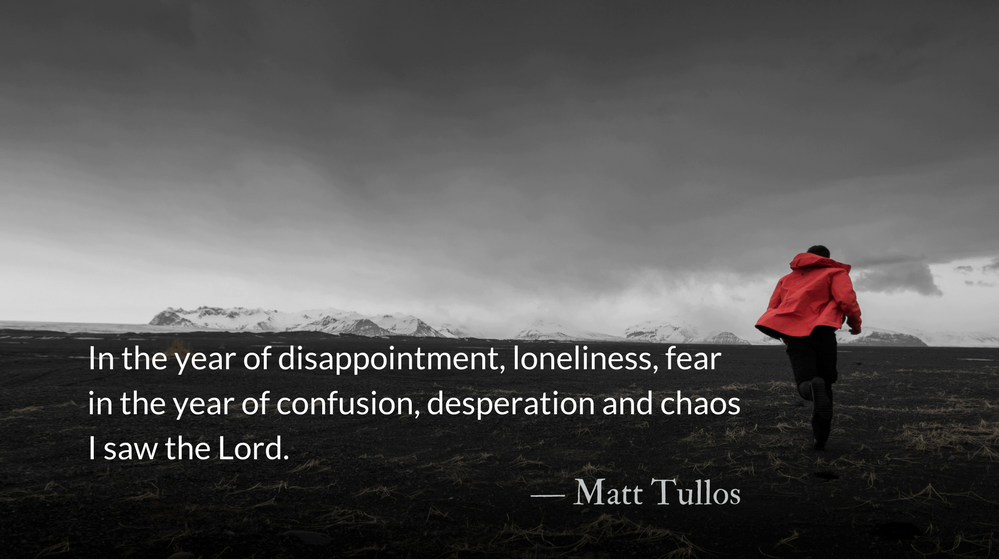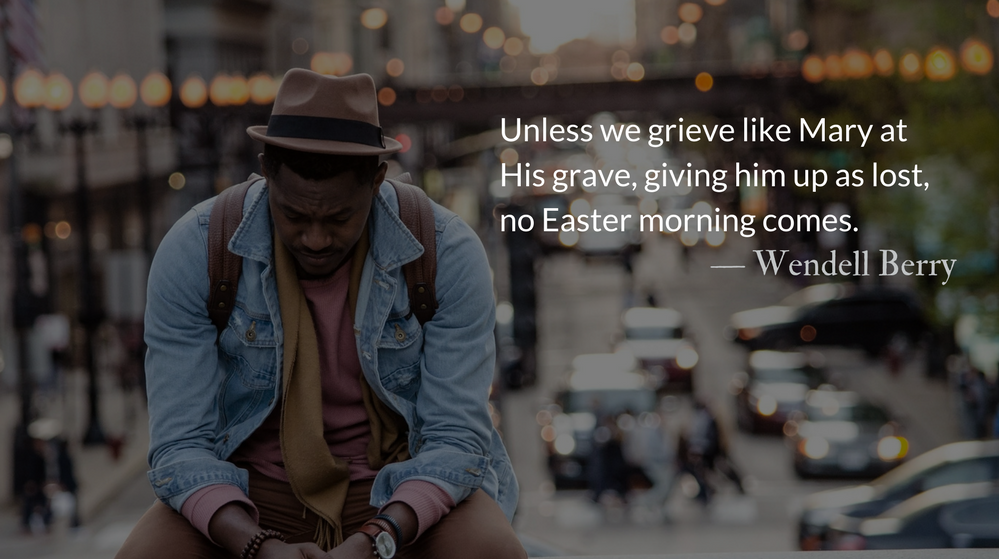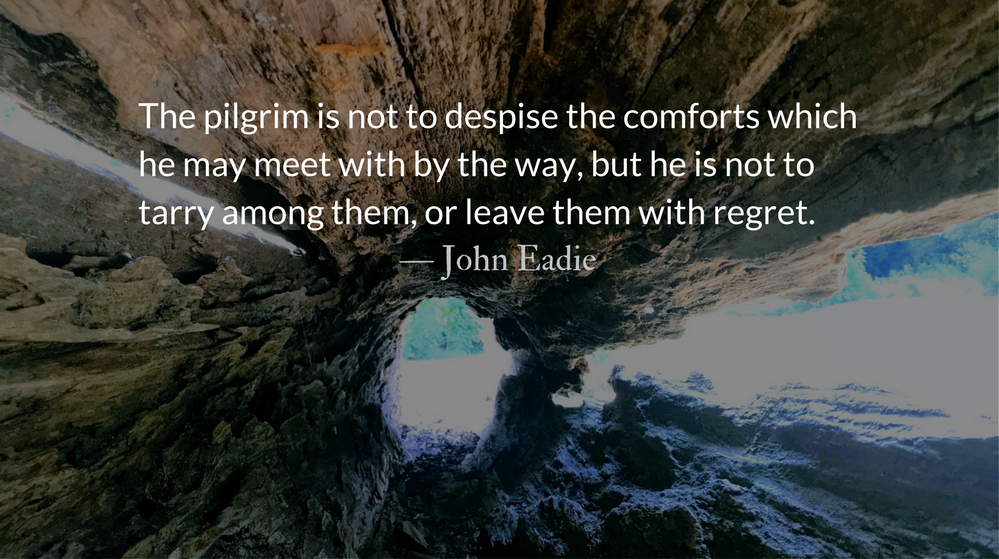Scripture: Colossians 4.2-3
Devote yourselves to prayer, being watchful and thankful. And pray for us, too, that God may open a door for our message, so that we may proclaim the mystery of Christ, for which I am in chains.
Reflection: Seeing the Lord
By John Tillman
Seeing the Lord—finally seeing him truly for who he is—is a huge part of the resurrection story. Perhaps seeing him truly as Lord is why so many did not, at first recognize him. He is not just a gardener. He is not merely a traveling scriptural scholar. He is so much more than a sea-side campfire chef.
May we see the Lord fully in this season of Easter. May we celebrate his mercy and take on the challenge of telling others what and who we have seen.
I Saw the Lord
By Matt Tullos
In the year of disappointment, loneliness, fear
in the year of confusion, desperation and chaos
I saw the Lord.
My eyes had been blinded by amusement, toys,
by savings and wealth
dreams and aspirations in the midst of the
sandcastles of my own self-importance.
My eyes were blinded by the temporal, until an
eternal God shook the doorposts of my soul.
He came to me. And I saw myself for who I
was outside of Him, naked, dying, cold,
starving, and helpless. He didn’t come in the sanctuary.
He didn’t come in the crowds.
He didn’t come in the ceremonies,
in the shifting dance of the day-to-day.
He came into my deepest closet of
hopelessness.
He didn’t come with four laws.
He didn’t come with three points and a poem.
He visited me at midnight when I least
expected to hear His voice. He came to me
at a time when my hopes were dashed, when
my future appeared bankrupt.
He came to me when every solid foundation
seemed to collapse. He came to me in the
wilderness of my own destitution.
He came to me in the poverty of my own
understanding.
He came to me when I laid down my toolbox
My first aid kit and my cookbook. He came to me!
Hallelujah! With a quick fix? No.
He came to me… with a list of seminars and
books to read?
No.
He came to me and there was nothing,
absolutely nothing, I could offer in my own
strength.
The masks, alibis, and diplomas faded under
the light of His passionate gaze.
He didn’t need me. He didn’t need my talents.
He didn’t need my knowledge, my money,
or my influence.
On the contrary, He came to me because for the
first time in my life, I knew that I was
utterly helpless. I didn’t have the answers.
For the first time in my life I knew that no
word, no thought, no event would change
me. Only God. Christ alone could change
my heart.
He came to me. He wrapped His arms around
me and said,
“My beloved, I’ve been waiting for you.”
(From And Now You Know the Rest of His Glory 1999)
Prayer: The Request for Presence
Show us the light of your countenance, O God, and come to us. — based on Psalm 67.1
– Prayer from The Divine Hours: Prayers for Springtime by Phyllis Tickle.
Full prayer available online and in print.
Today’s Readings
Proverbs 21 (Listen – 3:12)
Colossians 4 (Listen – 2:21)











